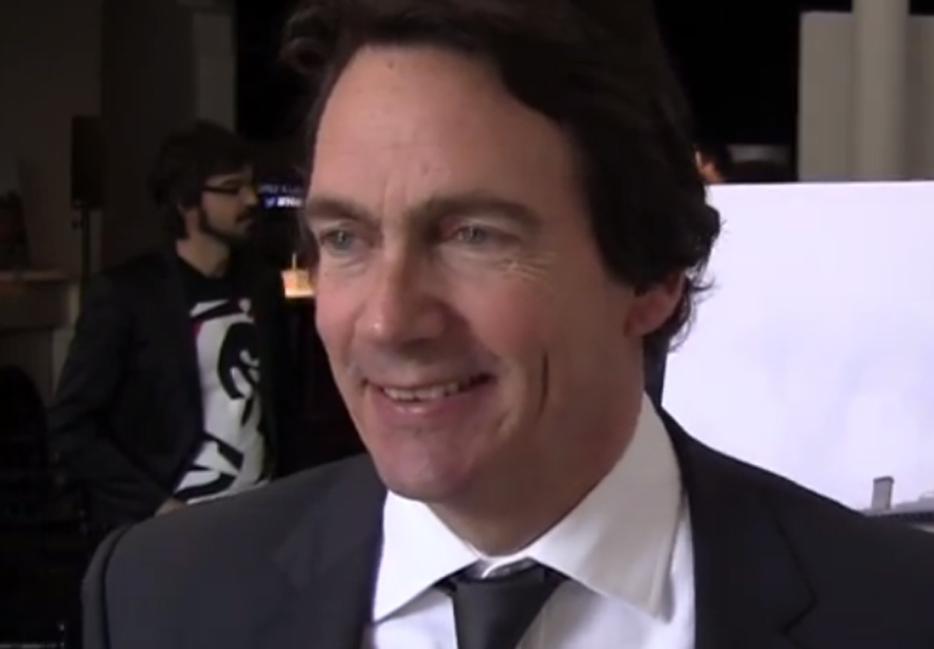Since the invention of the telegraph (literally), Canadians have worried about how we can possibly tell our stories as a country of a few paltry million next to the enormous media market to the south. This has spawned all sorts of policies, some of them effective if misguided (contributing to the production of such Canadian heritage monuments as Vikings), that have incrementally become just another subsidy to just another industry; Orphan Black is a fine show, but it’s hardly a Canadian story, unless clones are another one of the country’s founding parties and nobody told me. Did you know you spent more than $300,000 on its production?
But nothing has been quite such a gift to corporations who have done so little to earn it as Canada’s terrified regulation of ownership in its telecommunications sector. Allegedly intended to keep a vital communications tool in Canadian hands for a country where communications are sometimes all we have keeping us together, the reality is that Canada’s telco regulation has mainly succeeded at protecting a handful of major players from the horrors of having to compete against any well-capitalized foreign firm, or even (for the most part) each other.
This is fine if you’re a shareholder in Bell, Rogers, Telus, or Videotron, but there’s not a lot of evidence that Canadians are actually well served by this model.
So it’s more than a little galling that Pierre Karl Péladeau, a man who has personally benefited greatly from national regulation designed to preserve the Canadian right to tell Canadian stories, signed up to run for the Parti Québécois in Quebec’s election yesterday, calling himself a proud sovereigntist. He is, of course, a Canadian citizen, and has the right to run, as any citizen does. But it’s also kind of a dick move, mostly because he’s happily profited from Ottawa’s subsidies and regulations, and will continue to, thanks to the farcical “blind trust” in which the law requires he put his Quebecor shares.
People currently employed by Quebecor swear up and down PKP hasn’t dictated editorial content. Some are even coming out with pro-national unity editorials to double down on the claim. They must believe in their own claims, because aside from being a billionaire sovereigntist, Péladeau is also notoriously thin-skinned. So if they’re wrong, everyone currently writing columns about how their old boss is wrong for Quebec could find themselves with a frenemy they’d wish they didn’t have.
Péladeau’s political ambitions aren’t the most pressing matter in the Quebec election—the PQ’s stance on whether one-seventh of Canada’s land mass stays within Canada is substantially more pressing, and its hideous values charter comes in second. But it certainly says something about the PQ, and about Péladeau, that he’s running.
It also tells us something about the years-long battle Péladeau’s various media organs have run against the CBC, derisively called the “state broadcaster” by QMI employees over and over again. Meanwhile, Quebecor has been one of the key voices (though shamefully not alone) pushing every manufactured moral panic about Muslims in Quebec that has led the province to where it is today.
Péladeau’s problem, it seems, isn’t with state broadcasters per se—it’s that all this time, he’s had a massive propaganda machine, but no state to go with it. Apparently, he’s working on it.





